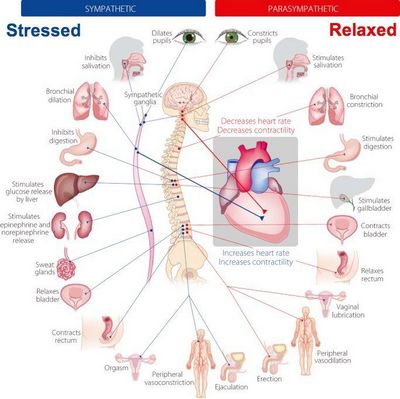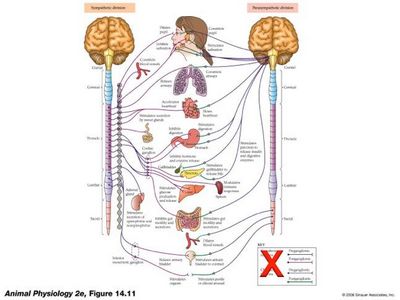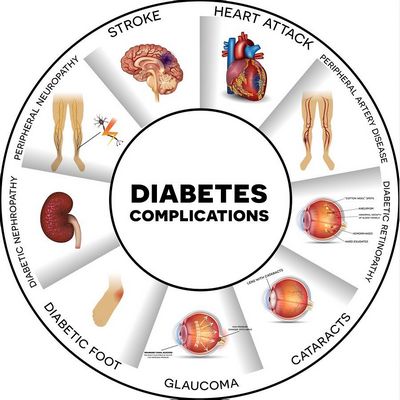Parasympathetic nerve, sub-division of the parasymmetrical nervous system which mainly regulates the digestive organs like the spleen, liver and pancreas.

The parasympathetic is one of two opposing sets of nervous systems of the sympathetic nervous system; the second set consists of the paraglionic nervous system.
This nervous system regulates a series of bodily functions. It modulates digestion, heartbeat and respiration. It also helps in the regulation of immune function. Parasympathyroid glands produce adrenal and pituitary hormones. It produces chemicals that help in the regulation of metabolism, the secretion of catecholamines and also help in the secretion of epinephrine.
When you suffer from parasymphyria, the parasympathetic nervous system will send signals to your brain, which can be either electrical signals or chemical signals. Your brain will then signal your pancreas to start secreting insulin. Insulin is produced by your pancreatic islets. The secretions of insulin will stimulate the secretion of glucose.
The pancreas and parasympathyroid together produce more than enough insulin to keep glucose levels at normal levels. This condition has been linked to the use of medicines called corticosteroids. Corticosteroids help reduce inflammation and control insulin resistance.
If you stop the use of corticosteroid treatment, your body will still produce sufficient amount of insulin to keep the glucose level in normal level. However, you may experience increased levels of glucose in blood.
This increased glucose level may cause hypoglycemia (low normal blood sugar level).

Hypoglycemia is a condition where blood glucose levels are not normal. As a result, the diabetic person cannot use insulin effectively.
A study conducted in Japan found that parasympathyroid glands are more sensitive to glucose than pancreas and is not as efficient in its metabolism. They also found that these parasympathies are more sensitive to insulin than adrenal cortex. Thyroid hormone can also trigger a parasympathyroid response. This means that if thyroid hormone levels are low, it will cause the production of parasympathyroid hormone.
Hypoglycemia can lead to diabetic ketoacidosis and it can result to diabetic coma and even death. Hypoglycemia can also cause brain damage and memory impairment. Diabetes insipidus is another condition, which happens when the brain fails to release insulin from the pancreas to the bloodstream.
The pituitary gland produces thyroid hormone and produces it in the adrenal gland. The adrenal gland secretes glucocorticoids, which are a type of steroids. Glucocorticoids play an important role in regulating insulin.
The parasympathetic nervous system controls the functioning of the pancreas and insulin production. This system will control the levels of glucose in the blood when the parasympathetic nervous system is affected.
When your parasympathetic nervous system is affected by diabetes, the levels of cortisol in your blood will be high. In this situation, it can cause the parasympathetic nervous system to inhibit insulin production. Insulin is produced by the parasympathetic nervous system and will stimulate the release of glucocorticoids.
This will lead to low levels of insulin and glucose in the blood.

It will result to hyperglycemia. High levels of glucose in the blood leads to hyperglycemia and hyperinsulinemia. It is important to know that hypoglycemia is not a disease; it is only an emergency condition that needs immediate medical attention.
Chronic Diabetes Insipidus can be avoided by avoiding stress, which is caused by hormonal changes in the body such as menopause, menstruation, pregnancy, and menopause. These changes in the hormone levels can affect the parasympathetic nervous system. Also, drinking plenty of water and keeping your blood glucose at low levels.
Medication such as beta-blockers, insulin shots, diuretics, and beta-blockers can control the parasympathetic nervous system. Other medications such as nonsteroidal anti-inflammatory drugs, antidepressants, and anticoagulants can reduce the symptoms of hypoglycemia. Anti-depressants like Zoloft, and beta-blockers can help you cope with your stress and depression.
Diabetic complications include kidney failure, stroke, blindness, and heart attacks. Blood pressure problems may occur in patients suffering from diabetes. You must monitor your blood sugar level regularly to avoid complications. It is important to stay away from alcohol consumption and smoking.
You can live a healthy life style by following a daily exercise program. Make it a habit to practice deep breathing techniques. A well balanced diet consisting of proteins, carbohydrates, and fats can reduce the symptoms of diabetes.